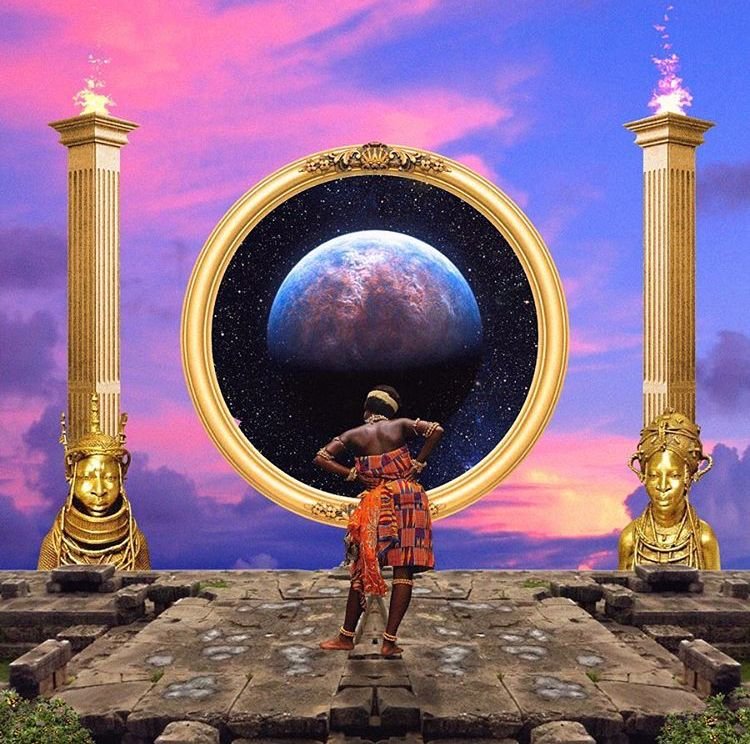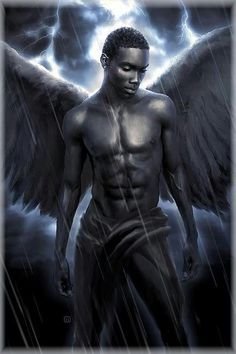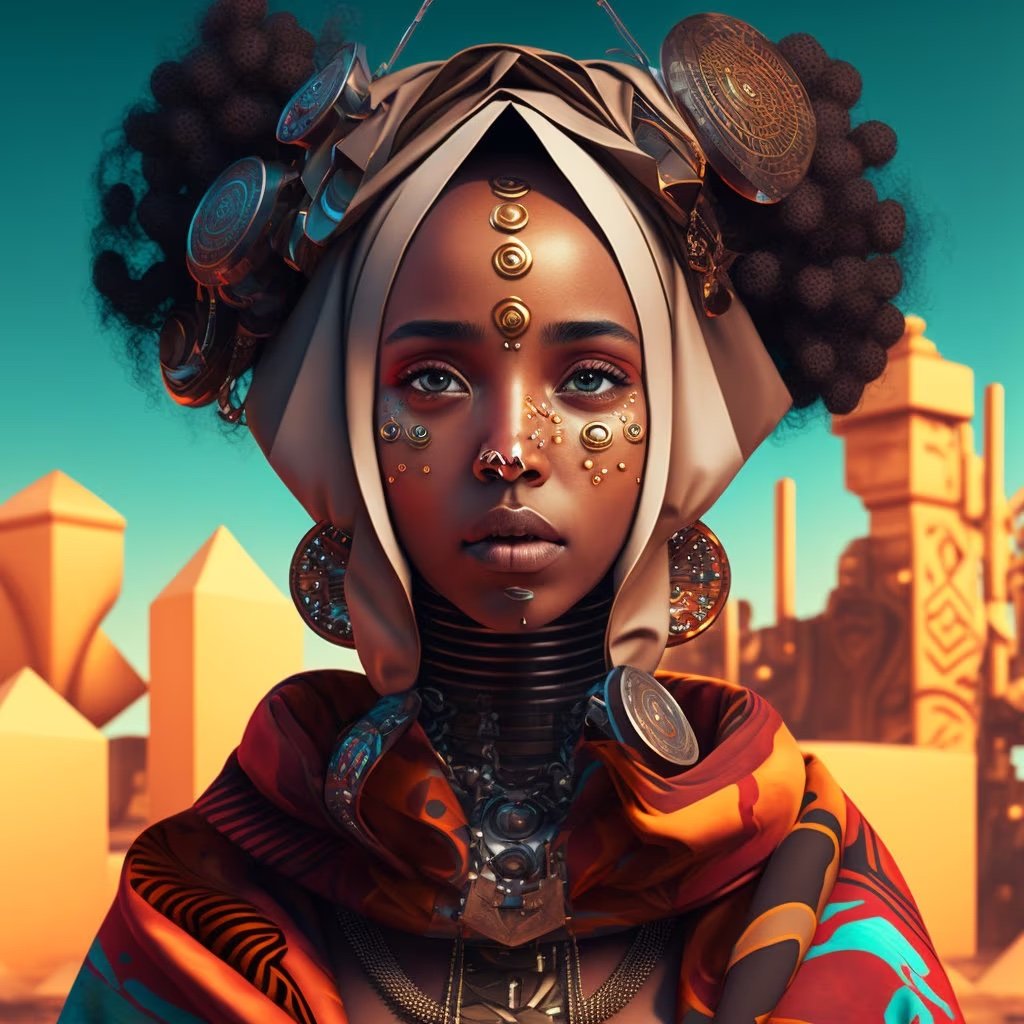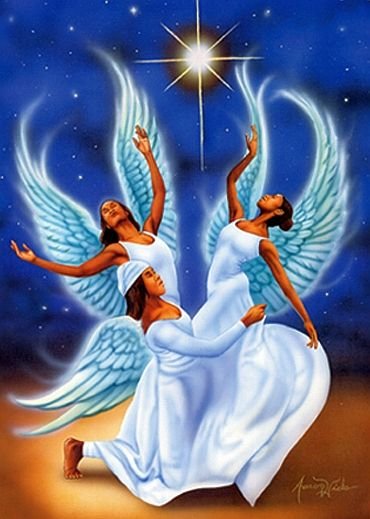
I completed this manuscript, an afro-futurist fantasy take on the cherubim that guard the Tree of Life with sword and flame, about a year ago. I queried it a hundred times and got a lot of initial interest but many agents said they already had authors who wrote stories like this one and didn’t need another, which struck me as an odd thing. To say “we have space only for a few BIPOC stories, but not too many” is like saying “I’ll eat fruit but only once a month and only apples.” Much of the publishing world believes they are on the right side of history because they support a few BIPOC authors and that should be enough to sate the woke police. I say we should tell whichever stories are good and meaningful enough to tell no matter what genre or culture is represented in the work. So there’s my soapbox, and here is a
Ahadu Bane hails from an ancient order of archangels tasked with protecting the magical life-giving power of the Tree of Life. He and everyone he knows has been separated from the human world by a time space continuum called the Huao which separates the two dimensions of earth and the Garden of Eden aka the city of Edinnu. That separation failed to prevent him from falling in love with Lila Villepont, a sex worker using her wits and a very handy telekinetic ability to survive the streets of her city. He uses dangerous blood magic to create a tear in the Huao allowing him to leave Edinnu and seek out Lila. Unfortunately that tear results in a larger hole that leaves the Tree of Life vulnerable to threats from the human world. The first book in the trilogy follows Ahadu and Lila’s love/life story, but also introduces their son and daughters, as they set out on a magical adventure to repair the damage left in their parents wake.





When I arrived in Cotonou, it was like I had been holding my breath and I could finally breathe. The constant racial fears and anxiety blacks carry in the United States just falls off of you as soon as I got off the plane. The worry you have about being accosted or harassed or simply overlooked by white people just leaves you when you’re surrounded by brown faces. But I soon realized that the feeling of being free from the clutches of white supremacy is mostly superficial. Systems of hierarchy where the rich live out lives above the poor exist in Africa in much the same way they do here in the U.S. but the contrast is even more stark because often there aren’t any opportunities for a “rags to riches” stories. Since colonization by the French, Portuguese, and English, colorism has been an issue in so many African countries, Benin not excluded. It was something I didn’t expect. The beauty, richness of culture, and spirit of Ubuntu will always be the heart of Africa, but I see now that we must fight to protect that and believe in a united Africa that can empower itself and its people. I plan to bring this vision to life with my stories and the hope they instill.
“Ekaparili stood, divinity personified, her surface resembling chocolate diamonds, each smooth branch hung low and heavy with fruit, her shiny leaves dripping with water, her enormous roots jutting out from the river’s mouth. The tree seemed to breathe, pulsate with activity, consuming whatever touched her with new life in whichever form she deemed necessary. The wings of a kingfisher flying too close to her trunk transformed into branches and leaves; the muscles of a lost goat into a collection of snails. Fish in the river beneath her could change at any given moment into a plant or animal of her choosing. Life into life, but never death. Death belonged elsewhere.”
— Excerpt from The Sacred Couch


